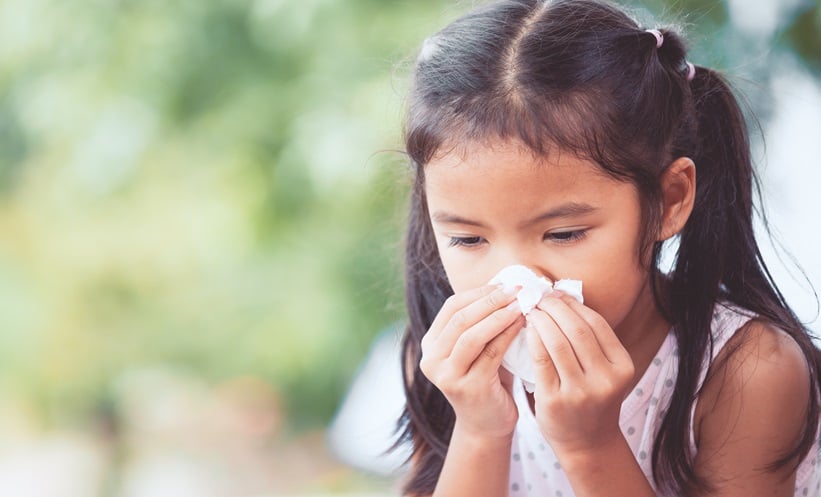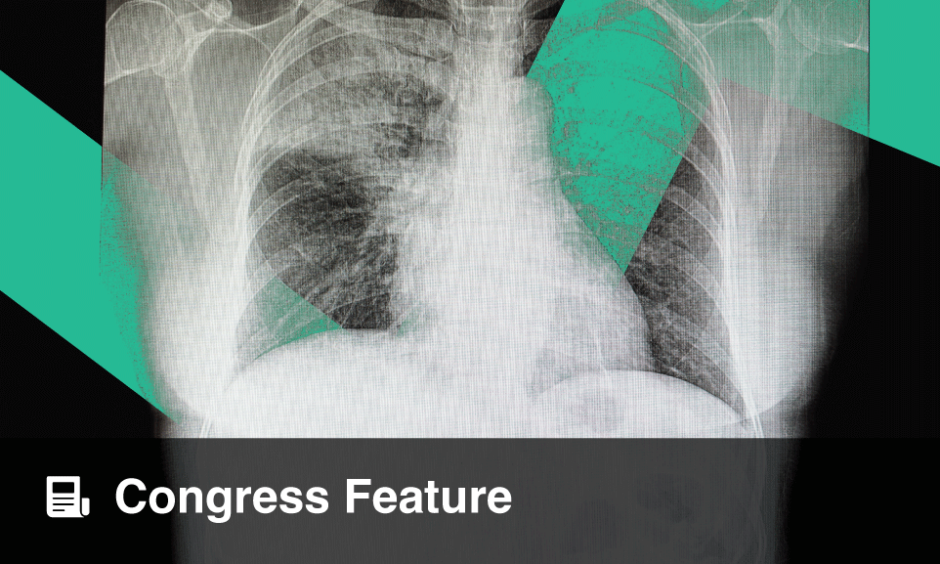NEW RESEARCH presented at the European Respiratory Society (ERS) Congress 2024 has shown that short-term exposure to ultrafine particles (UFPs) in the air is linked to an increased risk of respiratory infections in children. The study was conducted in Copenhagen, Denmark, from 2002 to 2018, and found that even brief periods of UFP exposure could trigger hospital visits for conditions such as pneumonia, bronchitis, and other acute respiratory infections.
The research team analysed daily UFP levels alongside hospital data for children under 18 and found significant associations between air pollution and respiratory infections. Notably, increases in UFP exposure were linked to a 6% rise in hospital contacts for pneumonia over a three-day period. Boys and children under 14 were particularly vulnerable to these health impacts.
This large-scale study included over 109,000 hospital visits for respiratory issues, highlighting the widespread impact of air pollution on children’s health. The findings suggest that urban air quality, particularly the presence of ultrafine particles, plays a significant role in the occurrence of respiratory infections.
The researchers stressed the need for stronger air quality regulations and policies to reduce UFP emissions, especially in cities, to protect children from the harmful effects of air pollution. The study serves as a critical reminder of the importance of clean air initiatives, which could help reduce the burden of respiratory illness in young populations.
Aleksandra Zurowska, EMJ
Reference
Bergmann et al. Short-term exposure to ultrafine particles and respiratory infection hospital contacts in children. Abstract 462. ERS Congress, 7–11 September, 2024.








